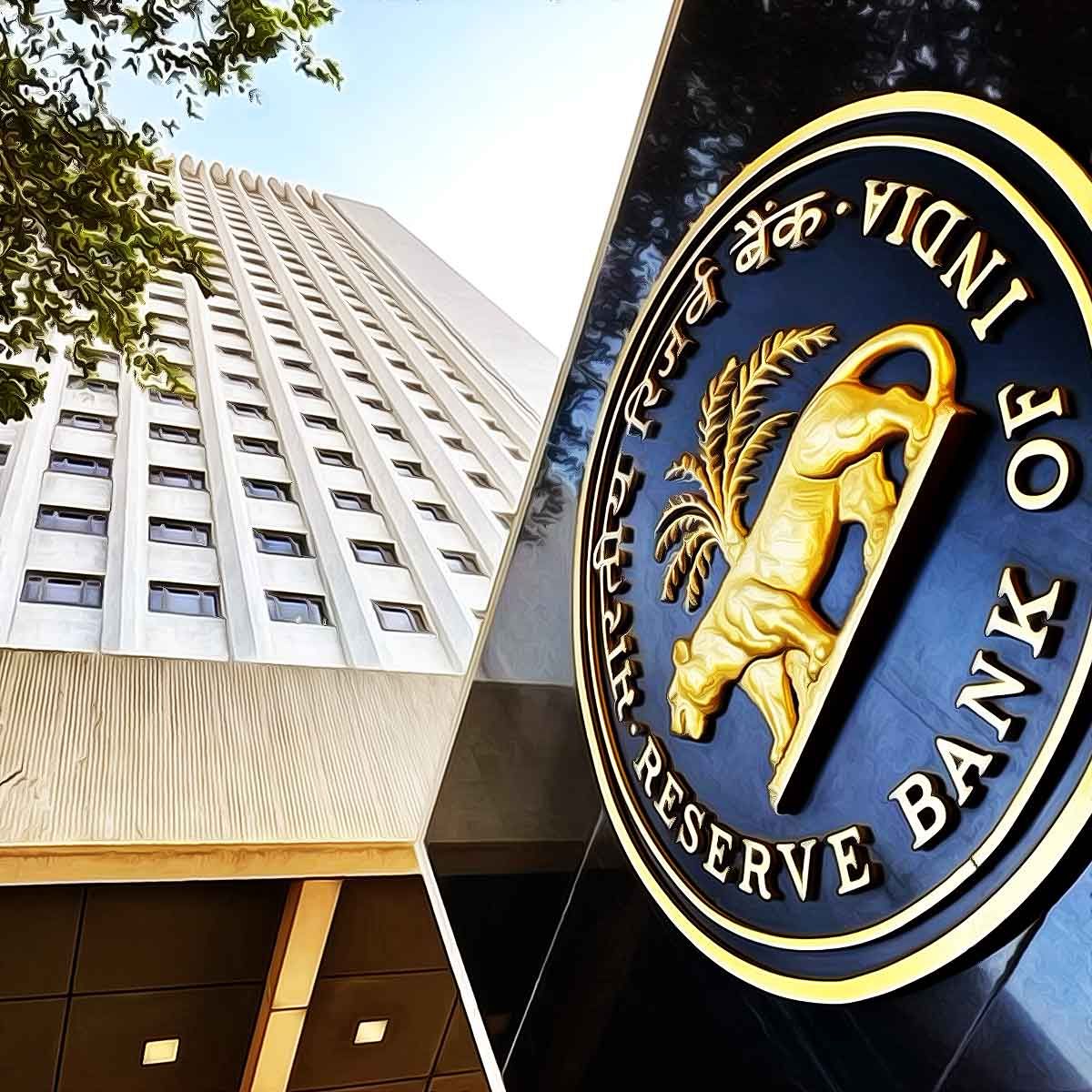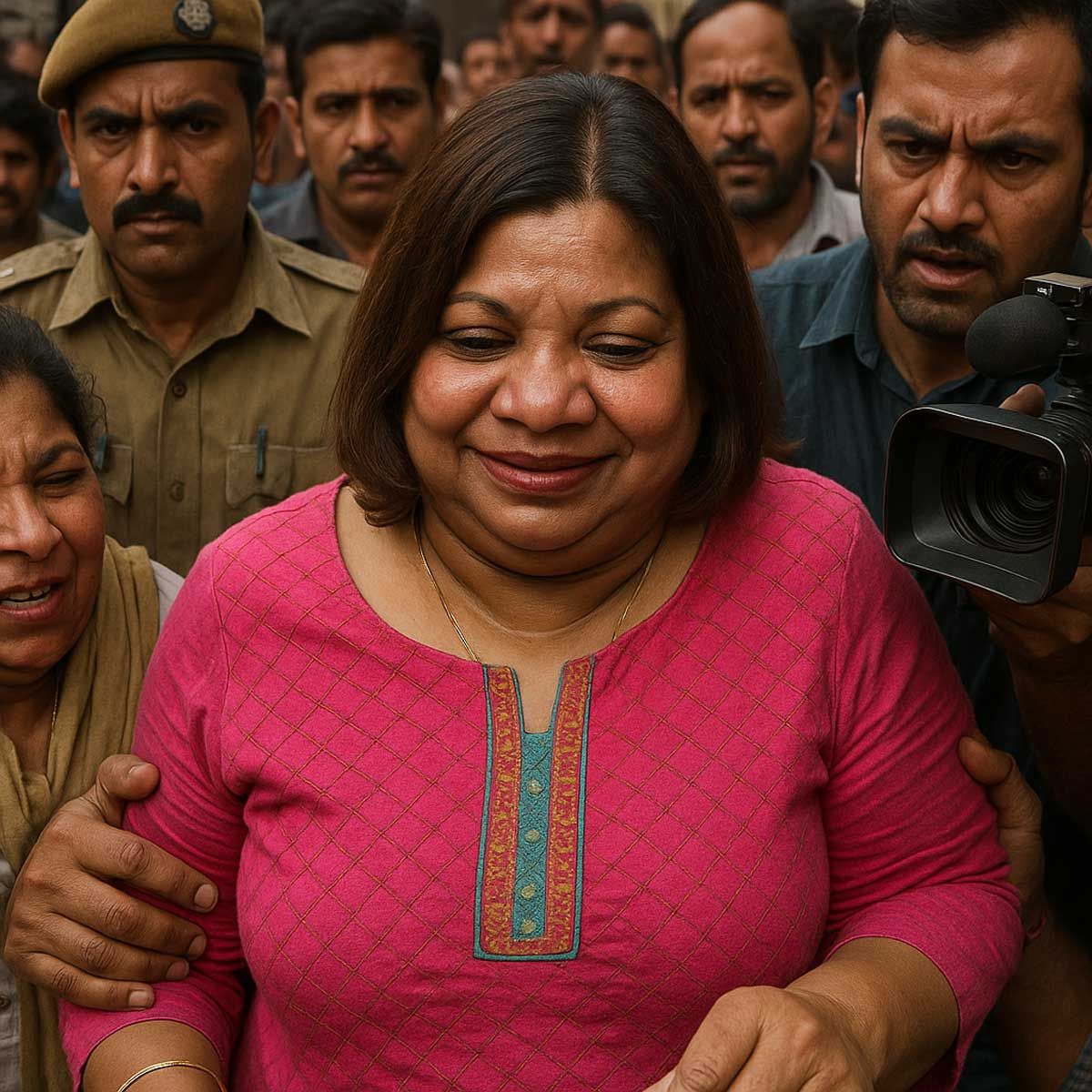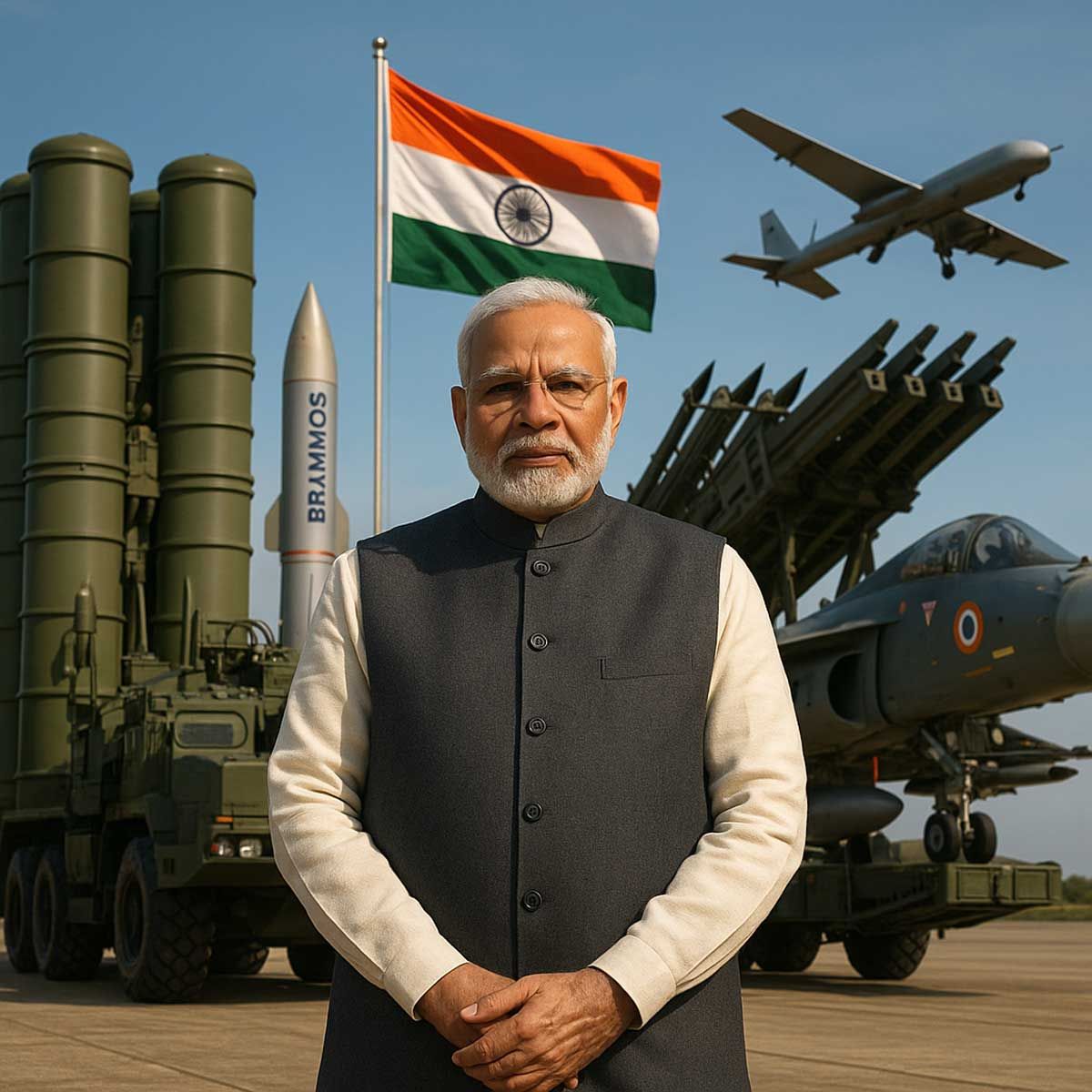More Coverage
Twitter Coverage
Satyaagrah
Written on
Satyaagrah
Written on
Satyaagrah
Written on
Satyaagrah
Written on
Satyaagrah
Written on
JOIN SATYAAGRAH SOCIAL MEDIA
"The strongest principle of growth lies in the human choice": RBI New Proposed Guidelines for Card Networks: Empowering customers and promoting choice in Card Networks, these networks may include Visa, Mastercard, American Express, or RuPay

In the world of finance, credit cards have taken a central role, becoming a necessity in the lives of many. Traditionally, when a customer signs up for a credit card, the bank decides which credit card network to align the card with.
These networks may include Visa, Mastercard, American Express, or RuPay. However, as the credit card market continues to expand rapidly, the Reserve Bank of India (RBI) has proposed a game-changing regulation. The RBI is advocating for the freedom of choice in card networks to be handed over from banks to the customers themselves.
|
Understanding the Credit Card Ecosystem
To comprehend the significance of this proposition, it is crucial to understand the structure of the credit card ecosystem. This system involves two key entities: the credit card issuer and the credit card network. The credit card issuer is typically a bank or a financial institution. It is responsible for providing the card to the customer, setting the terms of repayment, and offering customer service.
On the other hand, the credit card network plays the role of a middleman in transaction processing. Networks like Visa, Mastercard, American Express, and RuPay are essentially communication systems. When you swipe your card at a merchant terminal, the transaction request goes to your credit card issuer via the network. The issuer then authorizes the transaction and extends credit to you for the purchase. Later, you pay back the bank for the purchases made with the card.
To put it simply, the credit card you carry in your wallet is a combined product of both the issuer (your bank) and the network (Visa, Mastercard, etc.). The issuer's logo and the network's logo that you see on the card signify this collaboration.
The Current Predicament and RBI's Solution
Traditionally, banks have had exclusive informal tie-ups with card networks. Consequently, customers end up with a credit card network that the bank prefers, regardless of the customer's own preference. For instance, some of India's leading private banks have exclusively aligned themselves with either Visa or Mastercard.
The RBI has noticed that these practices do not provide customers with the freedom of choice. Therefore, it proposes a simple yet powerful solution. Banks and financial companies should allow customers to choose their desired card network instead of enforcing the bank's preferred network. This choice should be provided at the time of issuing the card and also any time afterward. In essence, the RBI is championing the cause of customer choice and pushing towards a more transparent and competitive credit card market.
RBI New Proposed Guidelines for Card Networks: Empowering Customers and Promoting Choice in Card NetworksOn review, the RBI has observed that the existing arrangements between card networks and card issuers (banks and non-banks) limit the availability of choices for customers. As a result, the RBI has drafted a set of guidelines and is seeking feedback. It is expected that the implementation of these proposed guidelines will benefit both customers and banks.
The RBI has recommended that banks and card networks implement these guidelines during amendment or renewal processes and in new agreements executed from the date of this circular (5th July, 2023). The directions specified in paragraph 3(b) [2] and (c) [3] will take effect from October 1, 2023. |
Empowering Customers: The Potential Impact
This new RBI proposal is all set to enhance customer experience and bring in a competitive spirit among credit card networks. If this proposal is accepted, banks will have to do away with exclusive agreements with card networks. Instead, they will need to offer their customers options across multiple networks. This shift is not only beneficial for customers but also encouraging for card networks. They will need to compete for every customer, encouraging them to offer better benefits and services to stand out from their competitors.
The RBI's proposal could lead to a ripple effect of benefits for common people. If customers have the freedom to choose, they can pick the network that offers the best perks and benefits that align with their lifestyle and spending habits. For instance, some card networks might offer better rewards on travel, while others may provide more attractive cashback options on dining. By allowing customers to make an informed choice, they will be able to maximize the benefits from their credit cards.
On Ending Restrictive Practices
The RBI aims to bring an end to exclusive tie-ups between banks and card networks, which restrict customer choice. It has noticed that certain banks have been coercing customers into accepting specificcard networks. Two years ago, the RBI took strict action against Mastercard, American Express, and Diners Club, barring them from issuing new cards over noncompliance with local data storage rules. However, this ban was later lifted.
The proposed RBI regulation is a step towards ending such practices. It encourages banks not to enter into any restrictive arrangements or agreements with card networks that limit their ability to avail services from other card networks. The central bank stated, "Card issuers should issue cards across more than one card network." This indicates the push towards a multi-network model, opening up opportunities for all networks and enhancing choices for customers.
|
The Booming Credit Card Market
The credit card market in India has seen a significant surge. According to RBI data, as of April 2023, the credit card outstanding amount has skyrocketed to Rs 2 lakh crore, marking a year-on-year growth of 29.7%. In numbers, 8.65 crore credit cards have been issued by banks, and monthly credit payments have crossed Rs one lakh crore every month. The highest card payments were recorded in April 2023, reaching a staggering Rs 1.32 lakh crore.
This substantial rise in credit card usage indicates the growing purchasing power of India. Meet Semlani, Co-founder of Tartan, points out, "The outstanding debt of over Rs 2 lakh crore underscores the power of credit cards in enabling individuals to fulfill their needs and wants." However, he emphasizes the need for credit card companies to establish right practices and awareness among consumers.
Vivek Iyer, Partner and leader, Financial services risk, Grant Thornton Bharat, attributes high spending to sectors like travel, hospitality, and tourism, where credit cards have been the preferred mode of payment due to the large transaction size. He adds, "Non-discretionary spending is also being routed through credit cards primarily due to the innovative reward structure followed by various banks."
In Summary
Credit cards have become an integral part of our financial lives. As the credit card market continues to grow rapidly, the RBI's proposal to empower customers with the freedom to choose their card network marks a significant step towards enhancing customer experience and market competition.
This move will not only increase the range of options available to consumers but also push credit card networks to offer better features and benefits. The central bank's regulation can potentially revolutionize the credit card market in India, creating a more transparent, competitive, and customer-centric ecosystem.
With the proposed regulation, the power to decide will be in your hands - whether to go with Visa's global reach, Mastercard's worldwide acceptance, American Express's luxury services, RuPay's national network, or Diners Club's travel benefits. The choice will be yours, making the credit card truly a card of your choice. This, in essence, is a leap towards financial freedom for all credit card users in the country.
 Support Us
Support Us
Satyagraha was born from the heart of our land, with an undying aim to unveil the true essence of Bharat. It seeks to illuminate the hidden tales of our valiant freedom fighters and the rich chronicles that haven't yet sung their complete melody in the mainstream.
While platforms like NDTV and 'The Wire' effortlessly garner funds under the banner of safeguarding democracy, we at Satyagraha walk a different path. Our strength and resonance come from you. In this journey to weave a stronger Bharat, every little contribution amplifies our voice. Let's come together, contribute as you can, and champion the true spirit of our nation.
 |  |  |
| ICICI Bank of Satyaagrah | Razorpay Bank of Satyaagrah | PayPal Bank of Satyaagrah - For International Payments |
If all above doesn't work, then try the LINK below:
Please share the article on other platforms
DISCLAIMER: The author is solely responsible for the views expressed in this article. The author carries the responsibility for citing and/or licensing of images utilized within the text. The website also frequently uses non-commercial images for representational purposes only in line with the article. We are not responsible for the authenticity of such images. If some images have a copyright issue, we request the person/entity to contact us at satyaagrahindia@gmail.com and we will take the necessary actions to resolve the issue.
Related Articles
- At the Global Fintech Fest 2023, Finance Minister Nirmala Sitharaman calls on banks and financial institutions to encourage customer nominations for heirs, a step to address the looming Rs 35,000 crore in unclaimed deposits
- World’s highest tunnel to be built by BRO to connect Himachal Pradesh and Zanskar valley in Union Territory of Ladakh; will ease movement of the Indian Army vehicles: Director-General of BRO, Lt Gen Rajeev Chaudhary
- Highest annual Foreign Direct Investment inflow of USD 83.57 billion recorded by India in FY21-22, IT sector bags the largest share: proves that India is growing as a desirable destination for international investment
- "The growth and development of people is the highest calling of leadership": Modi Govt approved transforming New Delhi Railway Station into an architectural marvel and providing enhanced passenger experience with upgraded facilities
- "Liberty, when it begins to take root, is a plant of rapid growth": Apple already started making new iPhone 14 lineup introducing groundbreaking new technologies and important safety capabilities at Foxconn’s Sriperumbudur factory in Tamil Nadu
- "Taste the spirit of resilience and reform": Yerawada's 'Shrunkhala Uphar Gruh' isn't just a restaurant, run by inmates, it symbolizes hope and reform, a meal here is a nod to second chances, showcasing Maharashtra's progressive corrections approach
- "Every train has a story to tell, and it whispers its secrets to those who listen with their hearts": Historic Kalka-Shimla train undergone a remarkable makeover with the introduction of indigenous Vistadome coaches resembling famous Swiss Bernina Express
- In yet another milestone of BJP, Indian Railways First-Ever Freight Train Reaches ‘Rani Gaidinliu Railway Station’ marking a major breakthrough for railway authorities: Manipur
- Modi Govt lost the battle of Farm laws with protesting farmers
- "नई उड़ान": Bharatiya Vayuyan Vidheyak, 2024, replaces the Aircraft Act, 1934, modernizes aviation laws, empowers DGCA, BCAS, AAIB, adds penalties, regulates design, and Aviation Minister K Naidu schools INDI Alliance for opposing the Hindi name
- "As dreams meet destiny, the world watches with bated breath": Srinagar beams under the global spotlight as the enchanting Kashmir readies for Miss World 2023, 'Mind-blowing' echoes Karolina Bielawska, encapsulating the valley's mesmerizing allure
- Gospel over scalpel? IMA chief Using hospitals to convert to Christianity, contempt for Hinduism, seeing COVID as a ‘silver lining’ because of conversions and more
- Tablighi Jamaat is called out as a gate to terrorism by Saudi Arabia, warns people against affiliation to the already banned group
- “Kashmiri freedom fighters, leave valley – reach Delhi to sabotage Republic Day, it's now or never for Khalistan" - Gurpatwant Singh Pannu of the Khalistani terrorist organization SFJ has called out the anti-India separatists and terrorists
- Jihad Recruitment going on in Madrassas forced the Assam government to cease hundreds of them




























